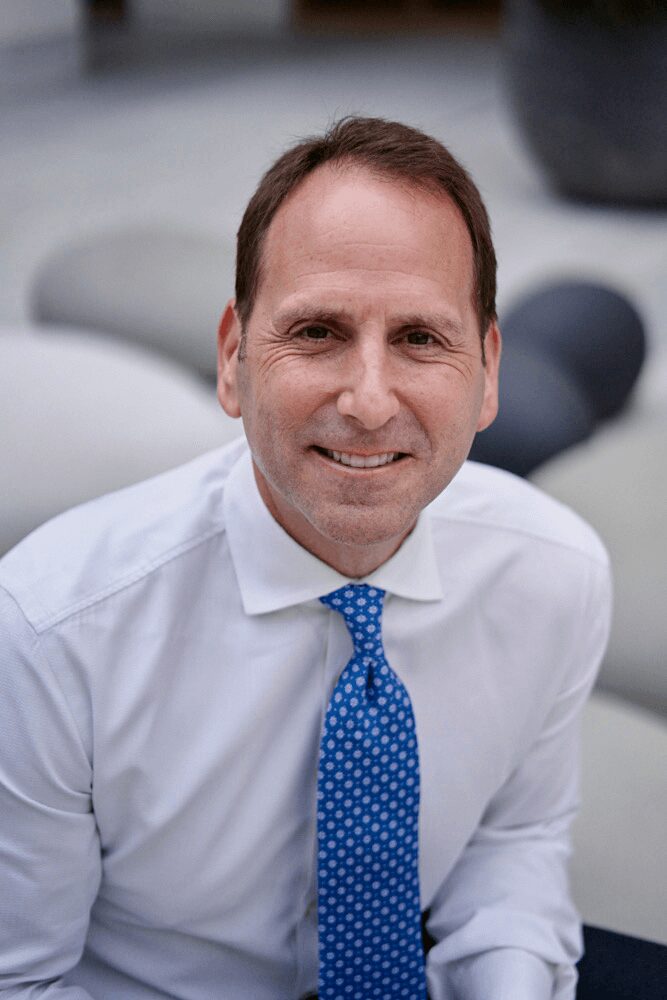We caught up with the brilliant and insightful Justin Paperny a few weeks ago and have shared our conversation below.
Justin , so great to have you with us and we want to jump right into a really important question. In recent years, it’s become so clear that we’re living through a time where so many folks are lacking self-confidence and self-esteem. So, we’d love to hear about your journey and how you developed your self-confidence and self-esteem.
I redeveloped my confidence and self-esteem in federal prison. In my 20s, I lost my way as an executive at Bear Stearns and UBS. Those bad decisions crushed my confidence, and I questioned if I could rebuild it. As a consequence of my bad choices, I created victims, ruined my career, embarrassed my family, tarnished my reputation, and eventually lost my freedom. I had never endured a real struggle before, and suffice it to say when I saw “United States of America v. Justin Matthew Paperny,” I responded poorly and only made matters worse.
In prison, with the help of my business partner, Michael Santos, who served 26 years in prison, I set clearly defined goals and began to rebuild. I committed to pursuing those goals regardless of how I felt or what was happening. For example, I committed to writing every day, exercising every day, and preparing every moment for the hardest part: coming home.
A quote by Jacob Riis deeply resonated with me: “Look at a stone cutter hammering away at his rock, perhaps a hundred times without as much as a crack showing in it. Yet at the hundred-and-first blow it will split in two, and I know it was not the last blow that did it, but all that had gone before.” This reinforced the value of slow and steady wins the race, something I also discuss in Lessons From Prison. I was not embarrassed to try new things despite failing or not having the right skill set. The worst you can do is fail, but you never fail because even if it does not work out, you have the learning experience and dignity that follows effort.
I developed confidence and self-esteem by following through on my commitments. Before going to prison, I would often say things and not follow through. I would make promises, start, and then stop. Despite being in prison, I was happier than ever because I was keeping my commitments. In other words, if I said something, I did it. With each completed task, my confidence and self-esteem returned.
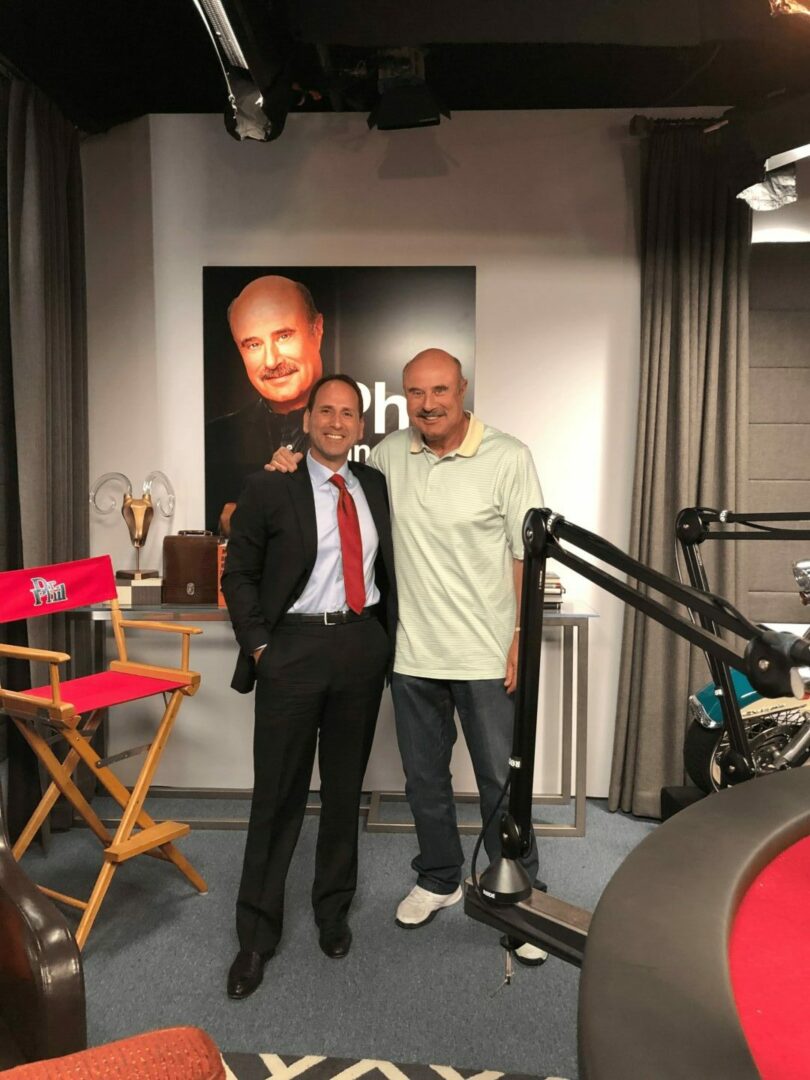
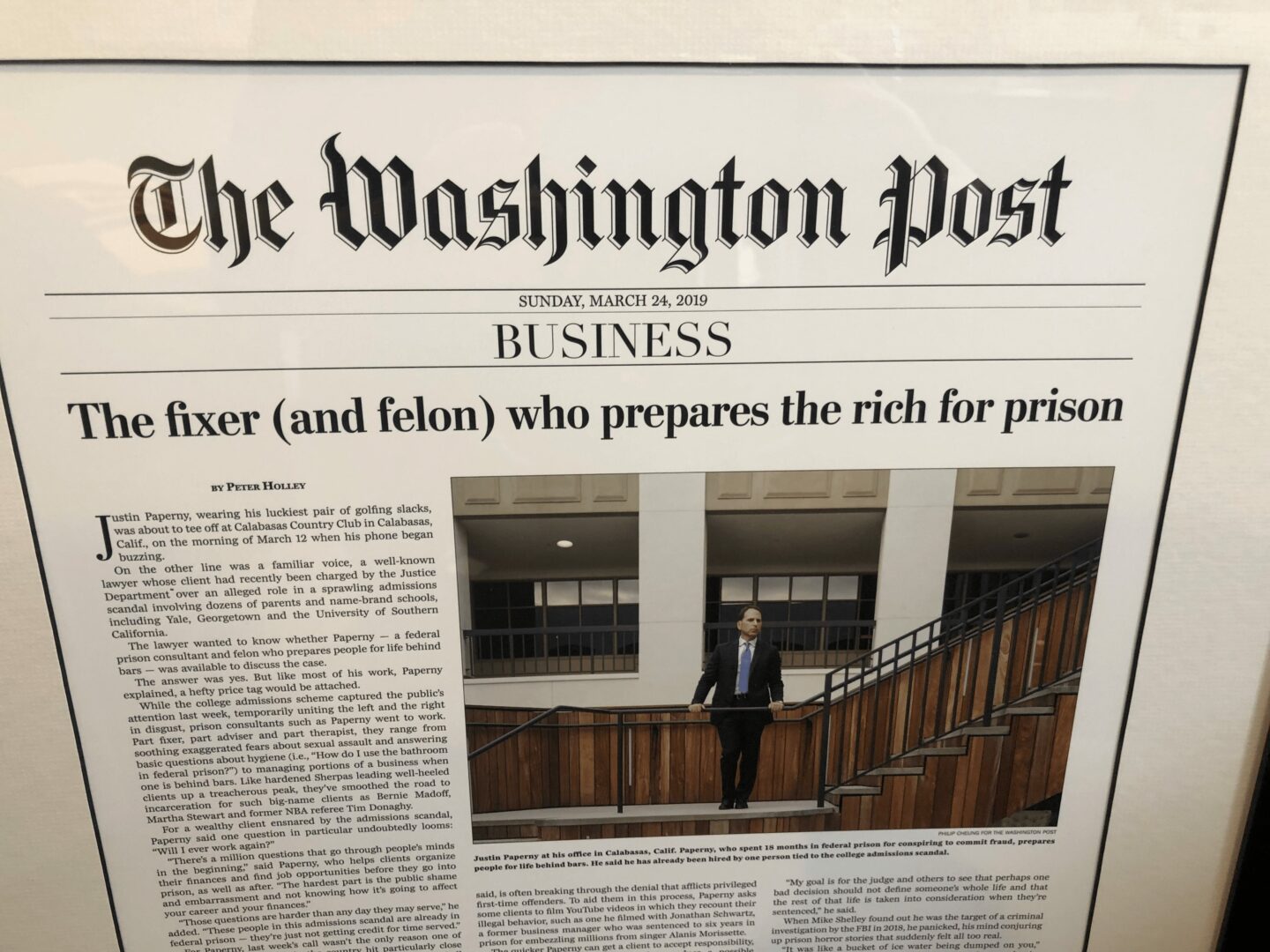
Appreciate the insights and wisdom. Before we dig deeper and ask you about the skills that matter and more, maybe you can tell our readers about yourself?
I run a national crisis management company called White Collar Advice. We work with people involved in civil or government investigations, specifically white-collar crimes.
Our work at White Collar Advice allows us to proudly sponsor the Prison Professors Charitable Corporation (PPCC), led by my business partner, Michael Santos. PPCC partners with federal and state prison systems, directly impacting the lives of more than 1 million people annually. PPCC is dedicated to reimagining America’s prison system and helping people prepare for employment and success upon release. By advocating for increasing levels of liberty through merit, PPCC is committed to reducing our nation’s prison population and lowering recidivism rates.
When I went to prison in 2008, I did not expect to create a crisis management company with Michael Santos. Like many who went to prison, I was lost or, as my best friend Brad Fullmer (who won a World Series with the Anaheim Angels) used to say, “Just really off your game, dude.” He was right.
Like many people in prison, I needed a guide. I found that guide in Michael. He encouraged me to document my journey and provide value. Giving back and writing through my daily prison blog felt good, like I was doing something useful for others.
Most people who come into our community are just like me: good people who made out-of-character choices. They don’t know anyone who has been to prison, and they don’t know how to respond. Our team helps restore their confidence by ensuring they are making decisions that get them closer to success as they define it. These decisions could include identifying with their victims and finding ways to make amends. This might involve putting themselves in stakeholders’ shoes, such as judges, probation officers, and prosecutors, and creating an honest, plausible message demonstrating what they’ve learned, where they are going, and why they will never return to a courtroom as a defendant.
Rather than preying on defendants’ vulnerabilities, as many do, we are transparent: we cannot change the past or guarantee the future. We are authentic, and we never ask anyone to do what we have not done and documented. Succeeding through a government investigation requires work.
In my case, the power of having a mentor like Michael was invaluable. Thankfully, everyone in our community can benefit from the same guidance I received, as the lessons we teach at White Collar Advice are drawn from Michael’s journey through prison.
Since 2009, we have been a trusted resource for media around the world, including Dr. Phil, The New York Times, CNN, Fox, Netflix, and hundreds of other outlets that rely on us to provide perspectives on the criminal justice system and white-collar crime.
We proudly offer many of our books for free, including Lessons From Prison, available at WhiteCollarAdvice.com.
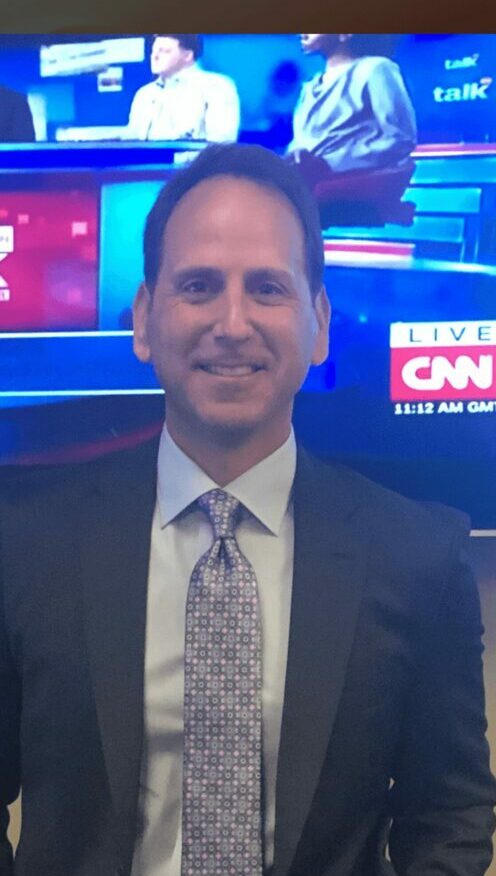
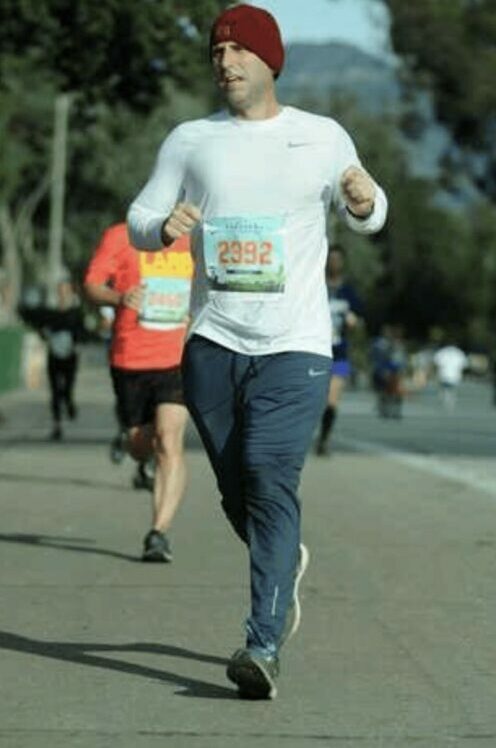
Looking back, what do you think were the three qualities, skills, or areas of knowledge that were most impactful in your journey? What advice do you have for folks who are early in their journey in terms of how they can best develop or improve on these?
Three Qualities
Embrace Rejection: The most impactful quality I developed was having no fear of rejection. I suppose I always embraced rejection as a baseball player because you fail so frequently in baseball. When I was released from prison, I would walk into law offices in downtown Los Angeles with my book, Lessons from Prison.
Often, I was thrown out for not having an appointment. Some people laughed at me. But I was passionate and believed in what I did. I had dignity in trying. Getting rejected and thrown out of offices or having people in prison continually tell me that my probation officer would never allow me to work with justice-impacted people didn’t stop me. My highest value was making my victims whole, which I finally did in 2019.
Discipline: Prior to my surrender to prison, I was lazy. For three years, while fighting my case, I would live in my man cave, blaming other people. I put on weight, stopped learning, and neglected others, including my family. I was selfish and didn’t know how to respond to the adversity I had created. In prison, it finally hit me how far I had fallen.
I needed a new path, and getting on that new path would be hard.
I committed to a routine of reading, writing, and exercise. Reading wasn’t just about finishing a book but understanding its purpose. With the encouragement of my partner Michael Santos, I read strategically and wrote book reports.
Why did I read the book?
How would it help me in prison?
How would it help me when I came home?
Reading and writing book reports required discipline, but it ensured I retained the material.
I followed the same process with writing and exercise. I did it daily, even on days I did not want to.
Gratitude and Authenticity: Before I went to prison, I used to obsess over everything that I had lost—my reputation, my career, my freedom. When I got to federal prison, I realized most men had it worse than me and didn’t have opportunities I took for granted. This perspective helped change my life. When I came home, I felt so grateful that I had a home to return to, my youth at 34, a loving and supportive family, friends standing alongside me, and the opportunity to work hard and build success. Without appreciating all the blessings in your life, success will be hard. I expressed gratitude for what remained rather than obsess over all I lost.
I also learned the importance of being authentic. I do not pretend that I did not go to prison. I own my choices. Further, I do not profess to be an expert on everything related to prison or crisis management. That is why I have a team: we all have different strengths and weaknesses. Some people who served a short sentence in one prison masquerade as experts. Vulnerable people may fall for the hustle. I am proud to acknowledge what I do not know and leverage my team to ensure the people who hire us get closer to their desired outcomes: shorter sentences, earlier release from prison, more liberty after prison, and ensuring this experience through the system does not amount to a life sentence.
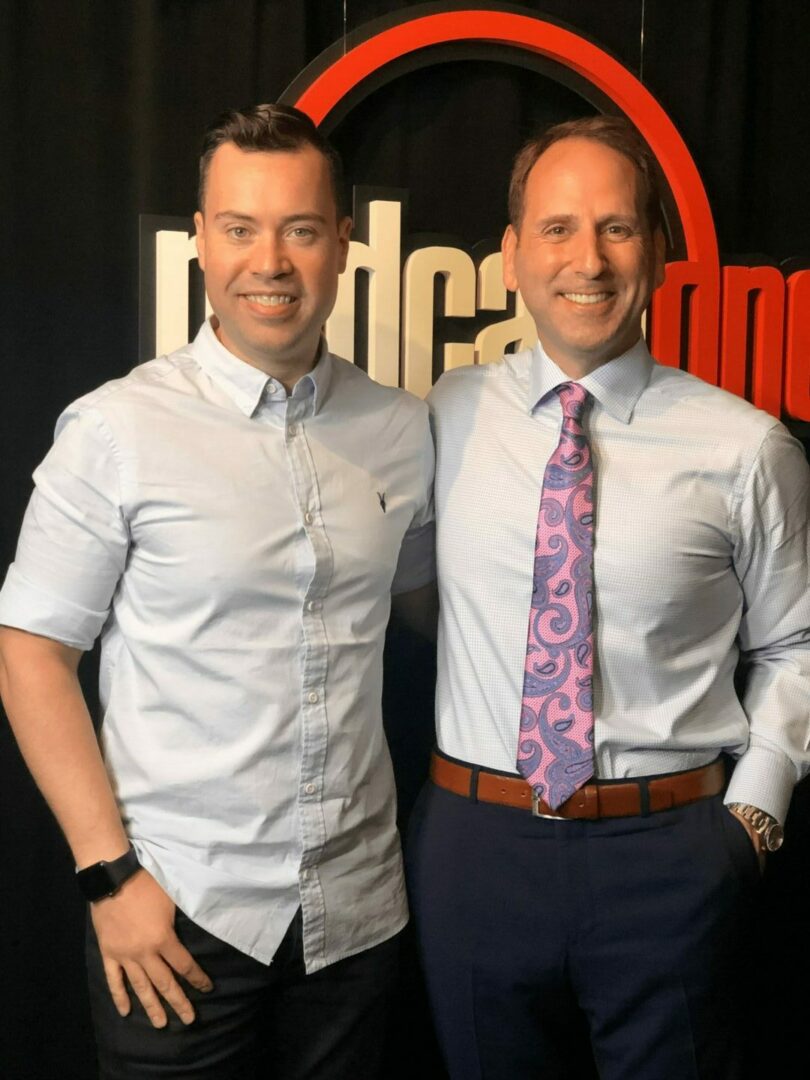
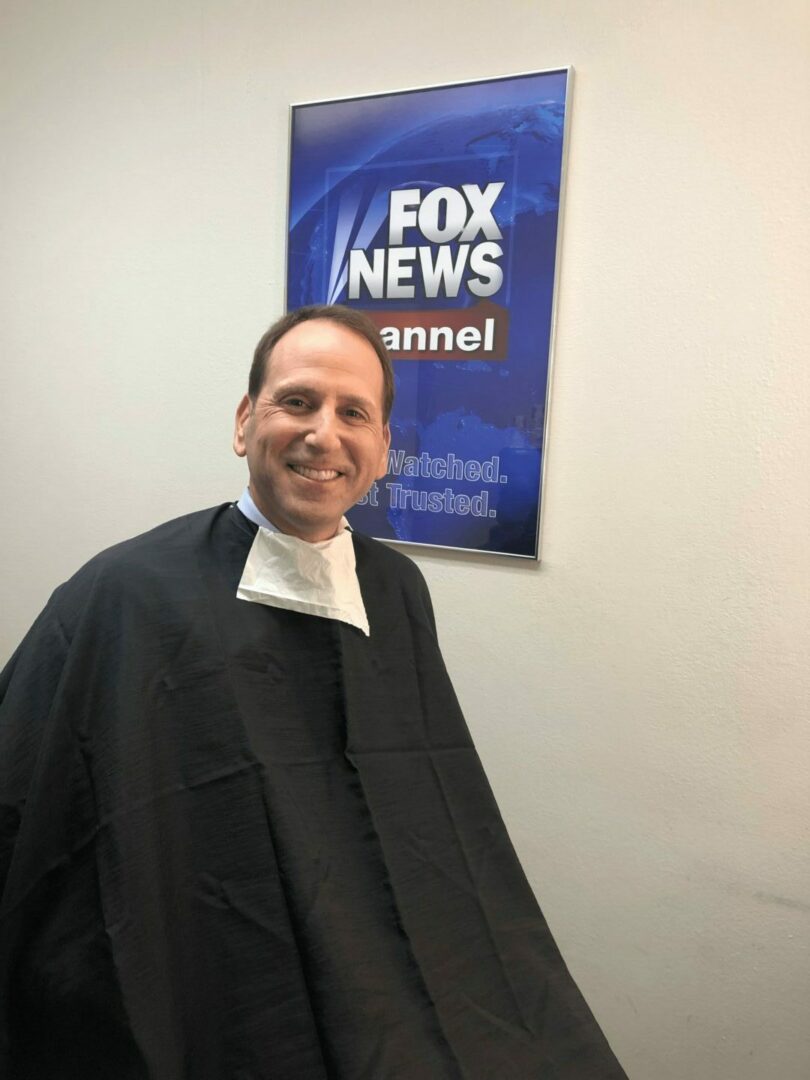
Okay, so before we go, is there anyone you’d like to shoutout for the role they’ve played in helping you develop the essential skills or overcome challenges along the way?
The Most Helpful Person in Overcoming These Challenges
My mentor and business partner, Michael Santos, was the most helpful person in overcoming these challenges. Michael went to prison for a nonviolent drug crime in 1987. While in prison, he earned an undergraduate and bachelor’s degree, wrote dozens of books on the criminal justice system, and mentored hundreds of thousands of people. He had already been inside for 22 years when I shook his hand in that prison library in 2008.
I adjusted to prison poorly. I initially complained and exercised all day, thinking that the problems that would follow most people who go to prison wouldn’t impact me. Somehow, I thought I was different. Michael helped me understand how my decisions would relate to the rest of my life. Over time, I followed his advice wholeheartedly because I could see the life he had created despite being in prison for so long. Professors and universities around the country followed his work. He got married. He was healthy, fit, and happy. He was deliberate and disciplined. He was a perfect role model because he was authentic. I could see that he lived it every day.
Michael held me accountable and helped me understand how my choices in prison would set up the coming weeks, months, and years of my life. He introduced me to many concepts, including reverse engineering, the value of being authentic, proving worthy of the support of your family, never complaining, and living with dignity through the inevitable ups and downs we all face as humans.
We have been partners for 14 years, and I’m still learning from him. Michael served 26 consecutive years in federal prison and is a true master of his craft. People in our community, including me, are incredibly grateful to learn from him. Indeed, all the lessons and services we offer at White Collar Advice stem from his long-documented journey through the system. Meeting him in federal prison was a blessing and an opportunity I’m glad I seized.
Contact Info:
- Website: https://www.WhiteCollarAdvice.com
- Instagram: https://www.instagram.com/justinpapernywca/
- Linkedin: https://www.linkedin.com/in/justinpaperny/
- Twitter: https://twitter.com/WCAJustinP
- Youtube: https://www.youtube.com/@WhiteCollarAdviceOfficial/videos
- Other: Tik Tok:https://www.tiktok.com/@whitecollaradvice
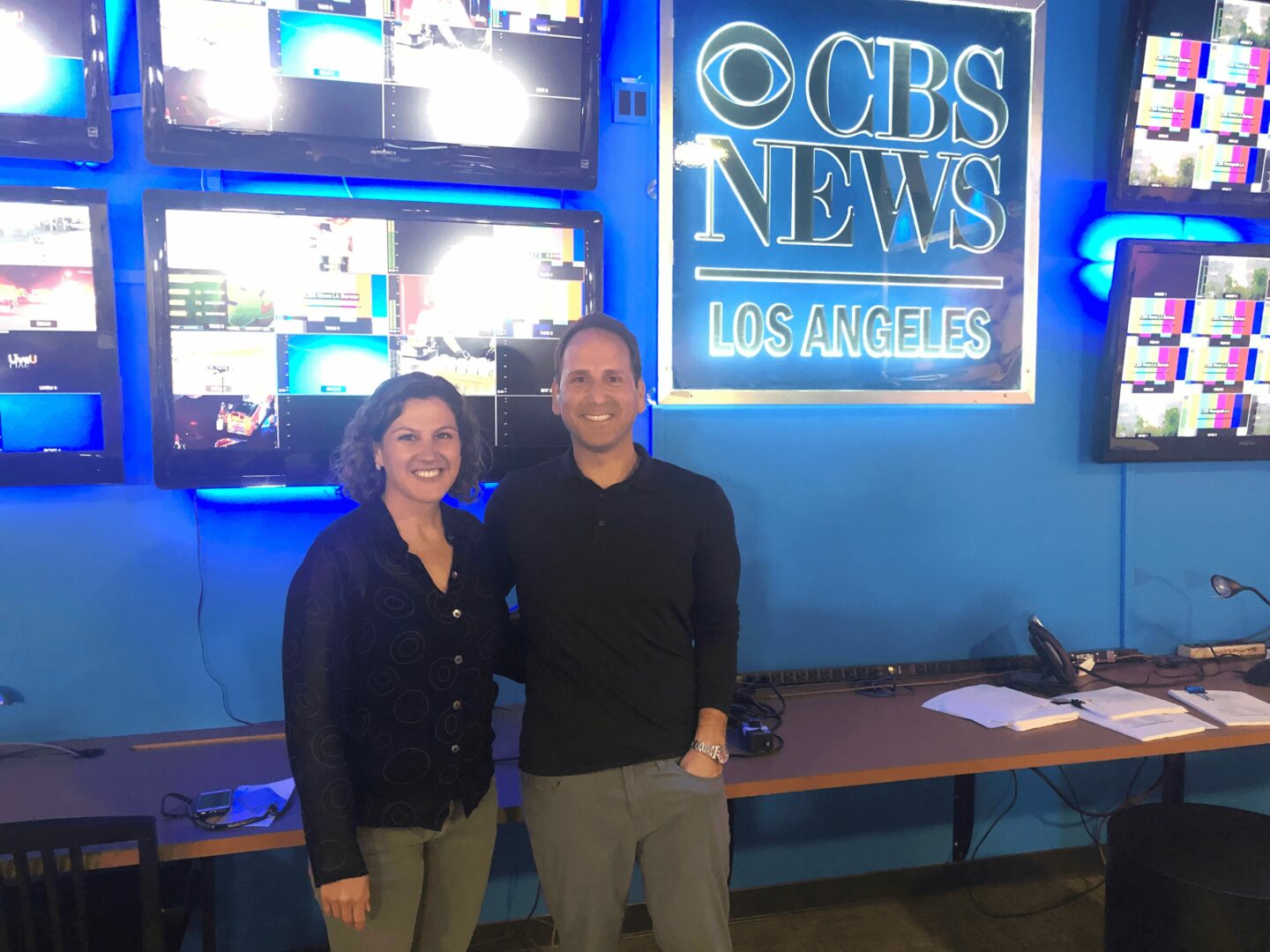
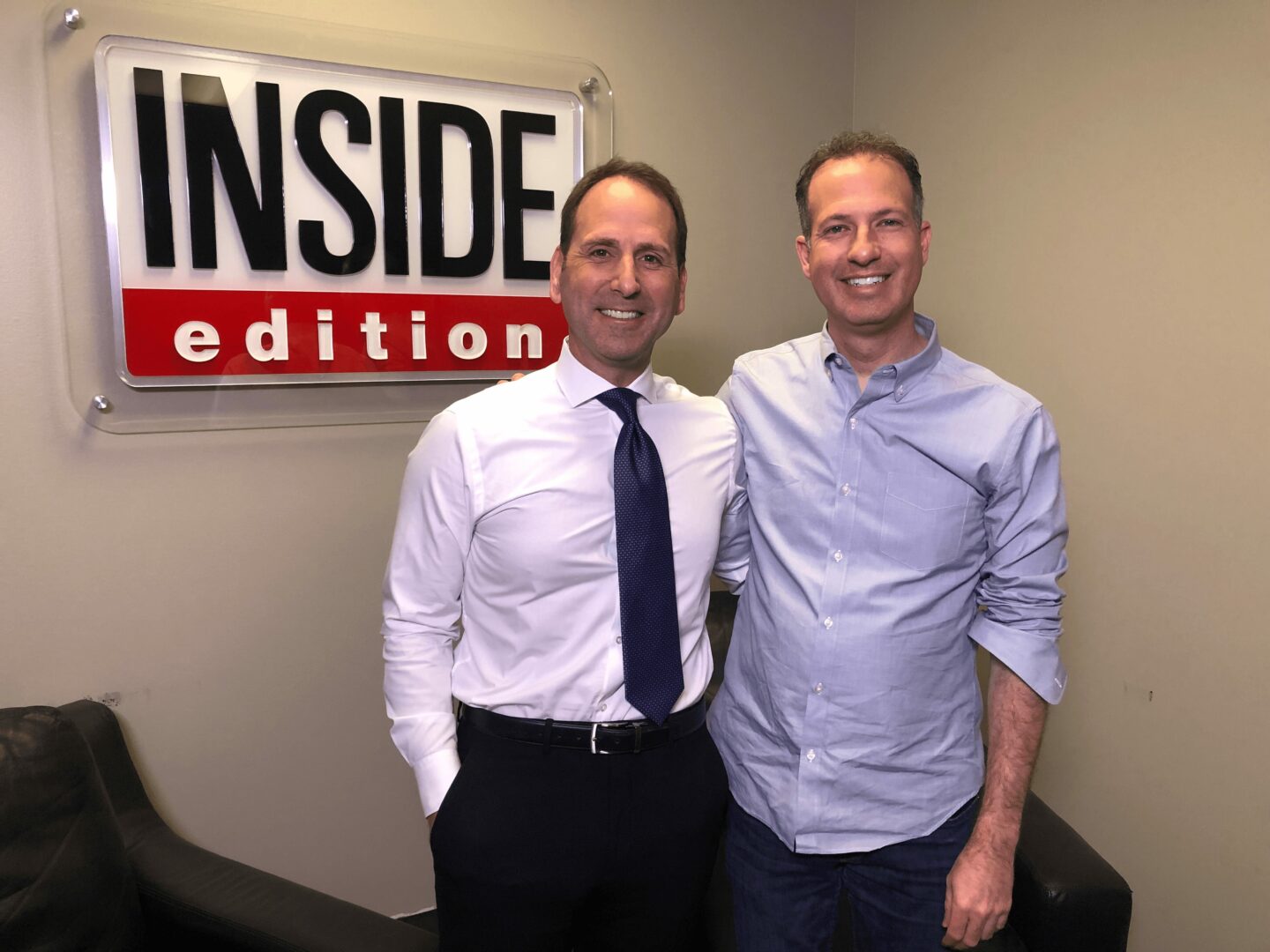
so if you or someone you know deserves recognition please let us know here.

